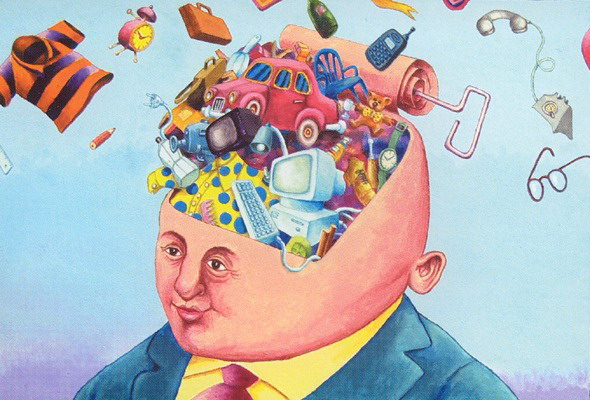The transition from Modernity to Post-Modernity has brought a series of changes: from the unity that governed in Modernity to diversity in Post-Modernity; from the absolute to the relative; from an effort to the search for pleasure; from reason to feeling; from the objective to the subjective.
One of these changes is the shift from the strong to the ‘light’ (the soft, the springy, the comfortable); Ricardo Cuadrado T., in his book“Valores para el joven llamado a ser feliz (1992), describes the ‘light person’:
“The light person has, above all, weak thinking, he lacks principles.
The light person is
- concerned only with the practical and the immediate; his motto is ‘having a good time at every moment.
- settled in relativism that ‘everything doesn’t matter; he is curious about everything but is deeply superficial.
- walks without purpose and projects; therefore, everything for them is spontaneous and permissive.
- bases and reflects on statistical data; he finds the truth of his argumentation in statistics.
- thinks and acts with a consumerist mentality: to have more to consume more.
- readily admits the major problems of our society but does not take a militant stance on them.
- like the remote-controlled TV viewer who keeps changing channels, without knowing what is on each one and looking for who knows what”.
The term ‘light’ has entered the everyday language of our time: people talk about light menus, light beer, light tobacco; even writers are already alluding to the ‘light man’ (Enrique Rojas), the ‘light woman’ (Silvia Itkin). But it is, above all, today’s young people who best embody the ‘light’ mentality. If you look around the room of a young postmodernist, you will find that the walls are covered with posters of ‘Marx’, ‘Che Guevara’, ‘Michael Jackson’, the sportsman of the year, the film actress and also the image of Jesus of Nazareth: they are all on the same level and of equal importance; none is worth more, none is worthless.
A consequence of keeping in mind is that the ‘light’ person, or ‘weak’ person as other authors call him, will, in turn, generate a weak family, a weak school, weak ethics, weak communication, weak politics, weak religion, weak society, as Gianfranco Morra foresees in his book Il quarto uomo (the fourth man).
This chain of consequences should cause alarm among parents, educators, youth counsellors in view of the future of the whole human community.
Fr. José Silvio Botero G., C.Ss.R.





